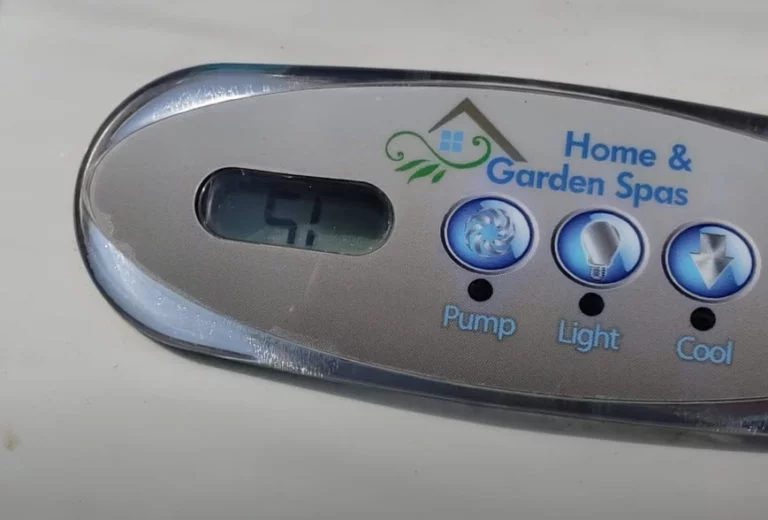cost to winterize a pool
Winterizing a pool is an unavoidable process if you live in a colder climate. Knowing how much it costs will help you prepare for winter. The last thing you want to do is skimp out on the costs and proper winterizing process, which can make it more challenging to open up cleanly once the spring rolls around.
Come dive in with us as we explore the costs of winterizing a pool and everything else you need to know.
The maximum reported cost for winterizing a swimming pool was $700, while the national average reported cost was $232.
PRO TIP: Make sure that the pH level in your swimming pool is somewhere between 7.2 and 7.6 before closing it for the winter months.
Cost Of A Winter Pool Cover
Having a winter pool cover is extremely important whether you winterize your own pool or hire a professional to do it.
You can custom fit your winter pool cover to fit your swimming pool, as they come in many different styles and forms.
A quality winter pool cover will protect your swimming pool from leaves, debris, insects, and more.
Not only do these winter pool covers keep your pool clean, but they are also far more heavy-duty than standard covers, protecting them from snow and ice.
Mesh winter covers are the simplest forms of pool covers and are the most cost-effective. Mesh covers often range anywhere from $40 to $70. On the other hand, if you want a heavy-duty cover, expect to pay anywhere from $100 to $400.
Why Do I Need To Winterize My Pool?
It is essential to winterize it before you put your winter pool cover on for the colder season. Without proper winterization, algae and bacteria will find a way to grow and thrive. Debris may also end up composting in your pool, making it much harder to open up and clean come spring.
If you live in a climate where temperatures get below freezing, failing to winterize your pool can put your pool walls and pool equipment at risk for damage. When water freezes and turns into ice, it expands in the pumps and filtration system, causing potentially irreparable damage.
When Should I Winterize My Pool?
Depending on where you live, your pool closing timeline will be different. For example, you can close whenever you choose if you live in an area that remains above 65 degrees Fahrenheit throughout the year.
On the other hand, if temperatures start dropping below 65 degrees Fahrenheit, you should winterize your swimming pool right away. Waiting too long to winterize your swimming pool could put it at risk of freezing.
FAQ
Should I Drain My Above-Ground Pool For Winter?
Never drain your above-ground pool completely for winter. Instead, lower your pool water so that it is around 12″ below the waterline. Before covering your above-ground swimming pool, place an air pillow atop the remaining water before covering it.
Should I Hire A Pool Closing Service?
Some pool owners winterize their own inground pools, though many find it easier to hire professionals.
For a professional inground pool closing service, the average pool owner pays anywhere from $200 to $300.
Of course, the price will vary on the location of your inground pool and where you live.
How Do I Winterize My Pool?
If you’re deciding whether you should hire a professional pool company to winterize your pool or treat it as a DIY project, it is vital that you know what winterizing a swimming pool is all about.
Here are the critical steps for winterizing swimming pools:
- Cleaning your pool thoroughly (skimmer baskets, filters, wall fittings, etc.)
- Balancing your pool water chemistry
- Lowering the water level
- Adding swimming pool antifreeze & other winterizing chemicals
- Draining your pool equipment and plumbing lines
The Importance Of Winterizing Your Pool
Winterizing your inground swimming pool properly is crucial, especially if you live somewhere where the water drops below freezing. A good rule of thumb is winterizing your pool before the first snow. You’ll end up spending a lot more money if water drops below freezing temperatures, expanding and ripping apart your pumps and water lines.
Whether you’re looking to purchase a pool or you’re a brand new pool owner, spending a little money upfront to winterize your pool will save you a lot of money in the long run.
Once the weather starts warming up again around May or June, it’ll be time to open your pool back up. Visit our Pool Opening Cost article to see what’s involved.
Happy winterizing!

A lawyer never retires. So I would just say that I am not as active as I used to be. Now I simply dedicate myself to fishing, my hobby, and my grandchildren. For Business Finance News I write about legal aspects of mortgage policies, mostly regarding the rights of policyholders. I also have articles about personal injuries.

